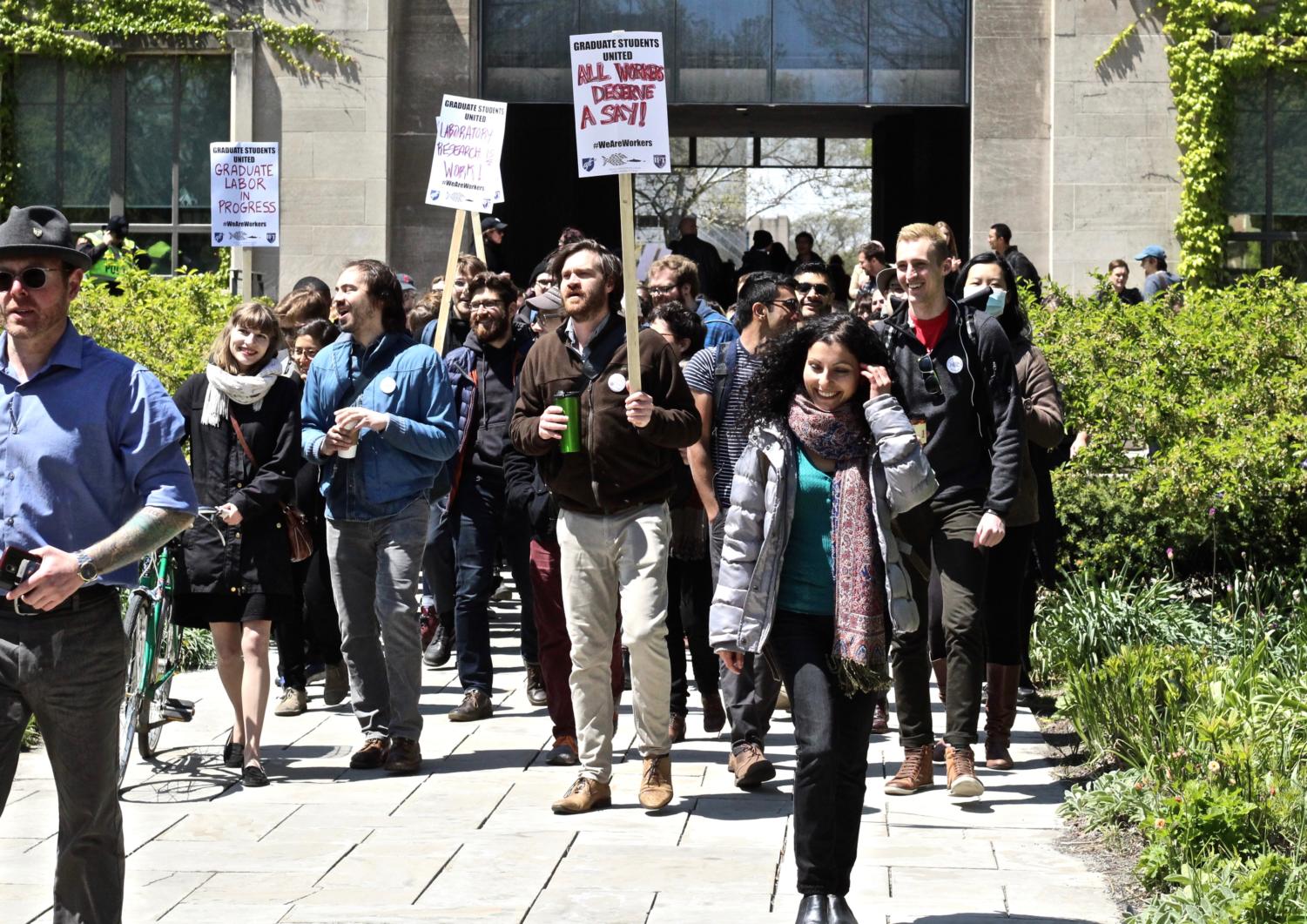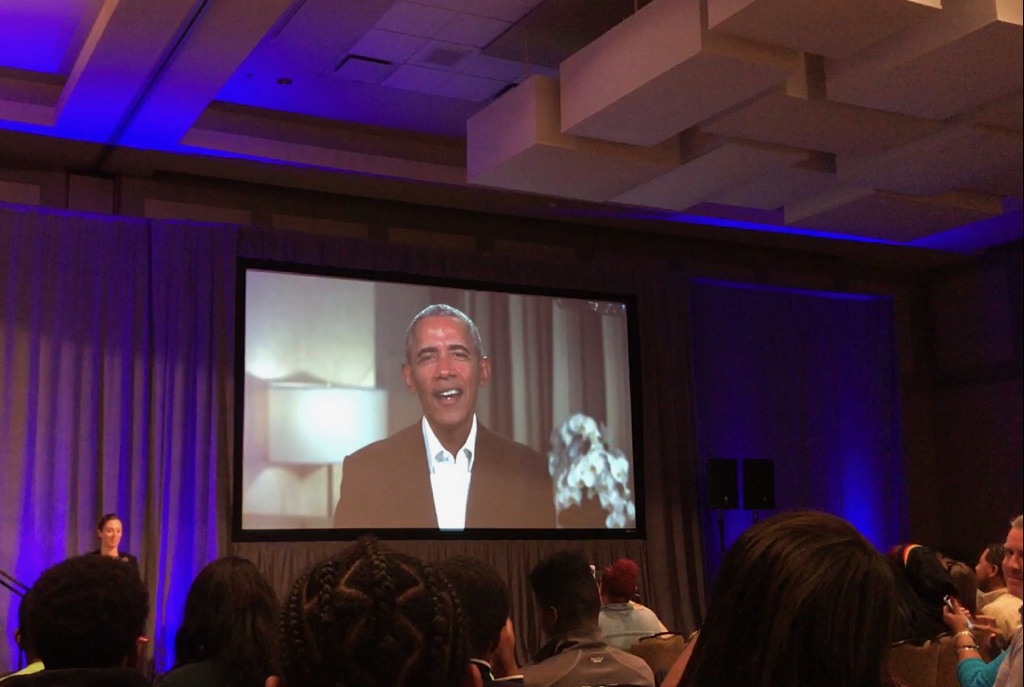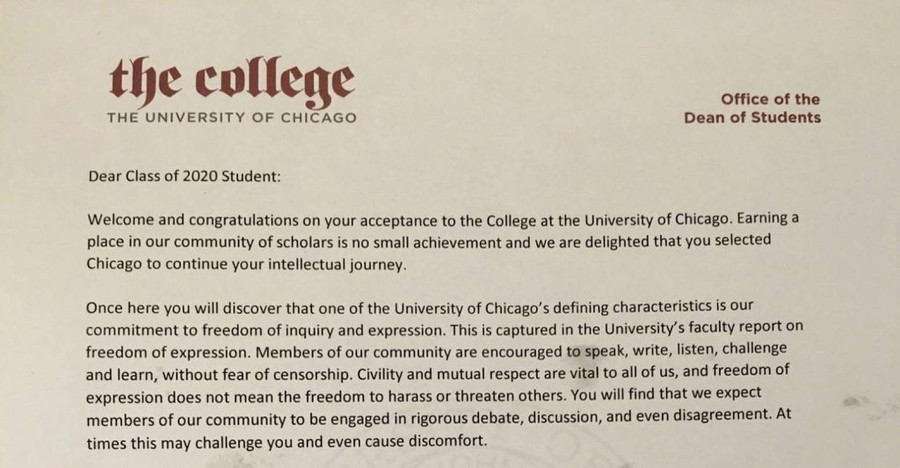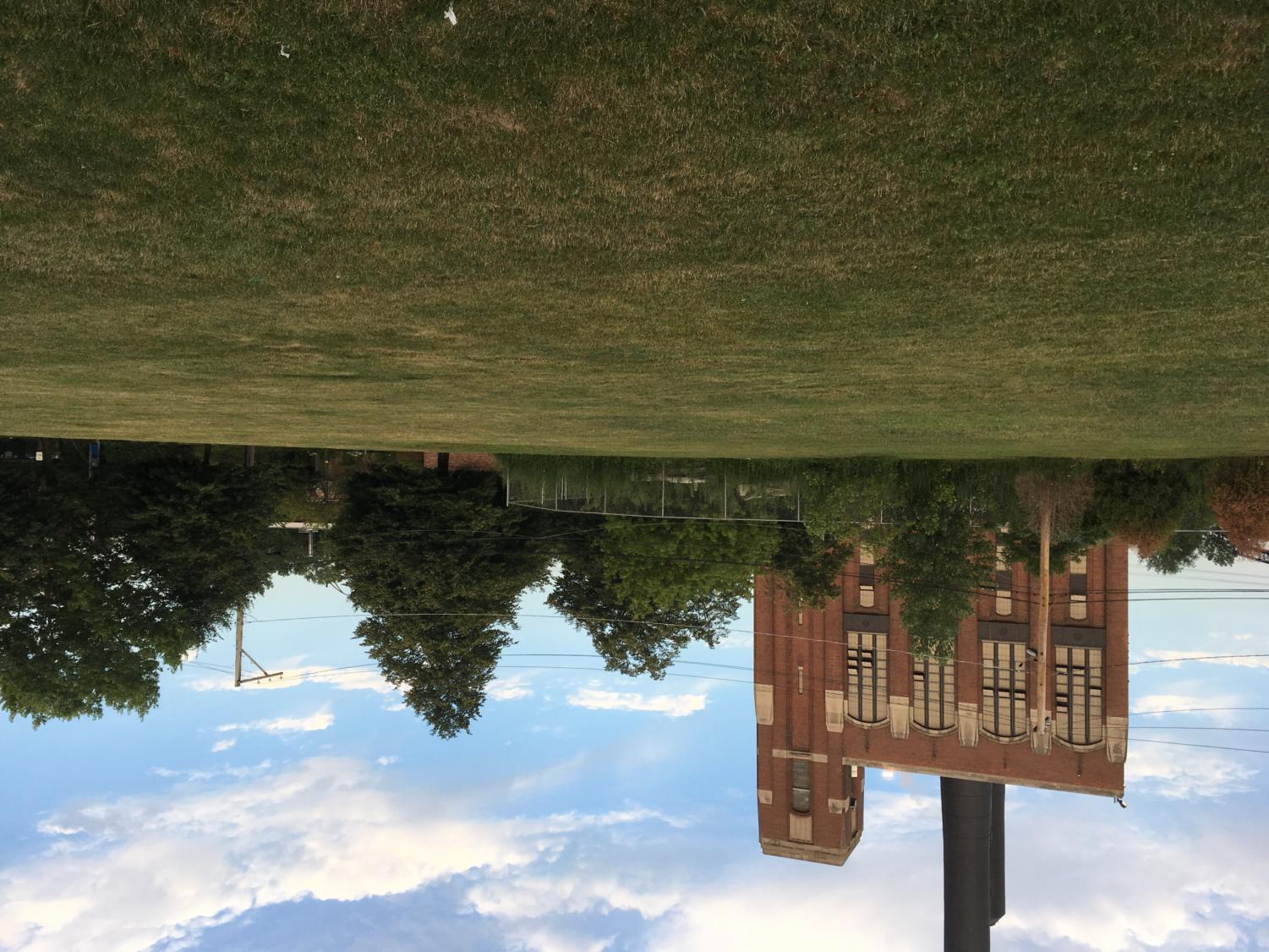Unionization

Student unionization movements and organizers pushed for what they claimed would give working students a stronger voice in negotiation with the University. In response, the administration argued unions would impede relations between faculty or administration and the students.
Part-time library workers voted this June to be represented by the Student Library Employee Union. The University has requested a review of the vote, arguing that the 41 percent turnout rate was too low for it to be representative.
Graduate Students United (GSU), which has organized on behalf of University graduate students since 2007, also filed to represent graduate students working as teaching or research assistants as a union. The request for a vote was delayed after the University contested graduate students’ eligibility for unionization in protracted hearings this May, arguing their relationship with the University is primarily as students, rather than as workers with a right to form a union. The regional National Labor Relations Board (NLRB) director ruled in favor of GSU and although the University has requested a review of the decision, an in-person vote is currently scheduled for October 17–18. The delay until fall has drawn accusations from student organizers that the administration is stalling until President Donald Trump appoints new, less union-friendly members to the NLRB.
Obama Library

In 2016, the Barack Obama Foundation selected Jackson Park as the site of the future Obama Presidential Center, which includes the presidential library. The Center, envisioned as a “presidential center for citizenship,” has sparked concern from the surrounding community. According to the Obama Foundation, the Center could add over $200 million to the local economy and create 2,200 jobs in the area, as well as acting as a community center. Community organizations have been pushing for a Community Benefits Agreement (CBA) to limit potential consequences of gentrification, including the University-based Prayer and Action Collective. So far, the Foundation has declined to sign a CBA, which would legally require the Center to take certain actions, including after-school programs and partnerships with local businesses, to ensure community members see the benefit of the Center.
Campus Climate
The University took steps to address campus climate issues last year, continuing its response to a 2014 petition calling on the University to address racial intolerance on campus. Its Diversity Advisory Council issued a report with a series of recommendations, proposing to double the number of underrepresented faculty members by 2026 and creating senior faculty diversity leaders in each department.
In November 2016, the University also released the findings of the newest Campus Climate survey. Those results, further updated in April 2017 to include findings on religious diversity, showed a gap in perceptions of racism and other identity issues. Twenty percent of respondents reported finding the overall campus climate racist, 21 percent sexist, 6 percent homophobic, 10 percent religiously intolerant, and 14 percent found the campus unwilling to accommodate people with disabilities. For each category, individuals more at risk reported more negative perceptions of campus climate.
This summer, The Maroon received a recovered administration document outlining early ideas for a plan to increase diversity and inclusion on campus. Possibilities include the creation of an “Ivy-Plus program” with other elite universities to prepare more members of underrepresented groups for faculty programs at these schools, and adding more diversity to options for Core classes.
Free Speech

Dean of Students in the College John “Jay” Ellison made national news last year when he sent a letter to incoming first-years informing them that the University does not support “trigger warnings” or “safe spaces.” The letter was one of several free expression–related controversies in recent years.
The University has taken a different stance on these issues than its peer institutions. Administrators have repeatedly emphasized that the University will defend the rights of anyone invited to speak on campus, and have created a disciplinary system to respond to disruptive conduct, often citing a 2016 protest at which Cook County State Attorney Anita Alvarez left the Institute of Politics after 20 minutes due to protesters. The 2015 Stone Report, written by Law School professor Geoffrey Stone, reaffirmed the University’s commitment to free speech as one of its fundamental principles, and has been cited in several state laws. The University plans to invite the presidents and provosts of every U.S. college and university to an October conference that it will host on free expression.
In March, the Committee on University Discipline for Disruptive Conduct (CUDDC) released its initial recommendations to change UChicago’s policies on protests and other acts that the University holds to impede the free speech of others. Commonly known as the Picker Report, after CUDDC Chair and Law School professor Randy Picker, the document recommends that the University create a central disciplinary system dedicated to handling actions that disrupt classes, speaking events, or other University functions involving controversial speech. The report also recommends that the new disciplinary system consider any of an accused individual’s past disruptive actions in making its decisions, and that the University take steps to expand its definitions of and penalties for disruptive action to properly handle individuals unaffiliated with the school.
A revised version of the report was published on the website of the Office of the Provost on June 2, adding more specific recommendations for educational programming regarding free speech at UChicago, including “Dedicated time during new student orientation programs for introducing and discussing free expression and the concept of the free speech commons at UChicago.” The report also suggests that all RSOs “may be required to identify a free expression point-of-contact in their organization” who would undergo extra training, review the RSO’s events for potential free speech issues, and consult with University staff.
Housing

In April 2015, the administration announced the closure of five dorms after the 2015–16 school year. These dorms, known as satellite dorms, were mostly older, located further from campus, and smaller than those that have been built in recent years. Students from the houses in these dorms moved into the new Campus North Residential Commons at the start of the 2016–17 school year, and the names of the houses were changed. The decision led to protests from residents and alumni of the houses, who feared the move would weaken house culture and house traditions. The University, which aims to significantly increase the number of students in on-campus housing, argued that proximity to campus and the resident dean model (which some of the smaller dorms lacked) were central to the decision.
In July, the University announced that some students will be housed in the Vue53 apartment building on 53rd Street this year, where each student apartment will feature two bedrooms and two private bathrooms at the same rate of other apartments in the University housing system.
The University has plans for the construction of a dorm south of the Midway as well. In May, Vice President for Civic Engagement and External Affairs Derek Douglas announced the tentative location for a residence hall at 61st Street and Dorchester Avenue. This may be part of a larger trend of University development south of the Midway—in an interview with The Maroon earlier this year, Zimmer said that he expects to see “a lot” of development between 61st Street and the Midway.








